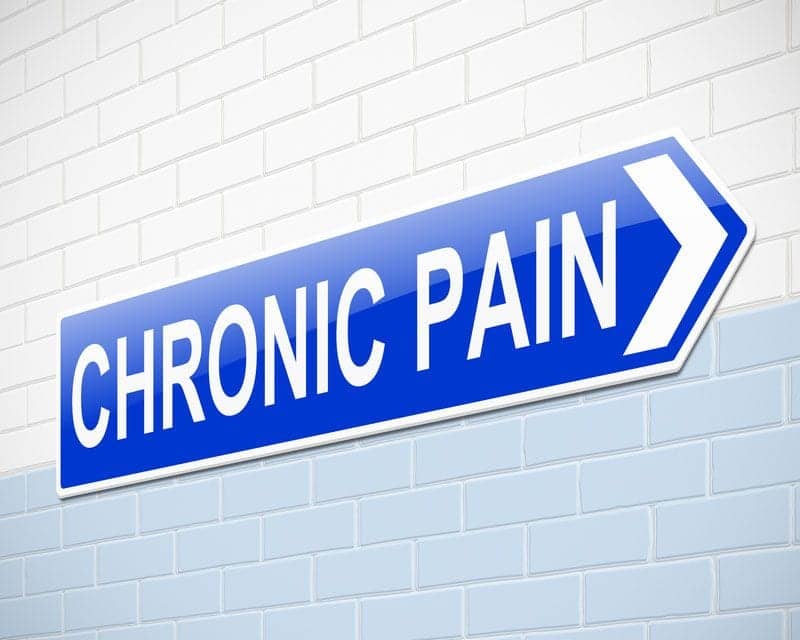An independent panel convened by the National Institutes of Health (NIH) calls for individualized, patient-centered care to treat and monitor the estimated 100 million Americans living with chronic pain. To this end, an NIH news release says, the panel recommends added research and development around the evidence-based, multidisciplinary approaches needed to balance patient perspectives, desired outcomes, and safety.
David B. Reuben, MD, panel chair and professor of medicine at the David Geffen School of Medicine at the University of California, Los Angeles, points out in the release that individuals living with chronic pain “have often been grouped into a single category, and treatment approaches have been generalized with little evidence to support this practice. Chronic pain spans a multitude of conditions, presents in different ways, and requires an individualized, multifaceted approach.”
The release states that chronic pain is often treated with prescription opioids, however the panel noted widespread concern with the practice. While some patients may benefit from them, the release states there are no long-term studies on the effectiveness of opioids related to pain, function, or quality of life. Yet, there are documented adverse outcomes, including substantial side effects, physical dependence, and overdose.
“…The challenge is to identify the conditions for which opioid use is most appropriate, the alternatives for those who are unlikely to benefit from opioids, and the best approach to ensuring that every patient’s individual needs are met by a patient-centered health care system,” Reuben explains.
According to the release, the panel pinpointed several barriers to implementing evidence-based, patient-centered care. Examples of these barriers include lack of tools for clinicians to assess patient measures of pain, quality of life, and adverse outcomes. Primary care practices, the release says, often do not have access to multidisciplinary experts, such as pain management specialists. Insurance plans may also not cover team-based, integrative approaches that promote comprehensive, holistic care. As an additional barrier, the release notes that some plans do not offer effective non-opioid drugs as first-line treatment for chronic pain, limiting a clinician’s ability to explore other avenues of treatment. Also, once a health provider has made the decision to use opioids, there are insufficient data regarding characteristics, dosing strategies, or tapering to effectively guide clinical care.
In order to address these knowledge gaps, the panel emphasizes a need for more research on pain, multidisciplinary pain interventions, the long-term effectiveness and safety of opioids, as well as optimal opioid management and risk mitigation strategies. Since well-designed longitudinal studies can be large, expensive, and difficult for recruitment, the panel encouraged the development of new research design and analytic methods to answer important research and clinical questions.
The release notes that the panel recommended engaging electronic health record vendors and health systems to provide pain management decision support tools for clinicians. In addition, the panel advised the NIH and other federal agencies to sponsor more conferences to harmonize pain assessment and treatment guidelines to facilitate consistent clinical care for the treatment of chronic pain.
Review the panel’s final report
The panel is scheduled to hold a press telebriefing January 16 at 3 pm EST to discuss its findings with members of the media.
Source: NIH





